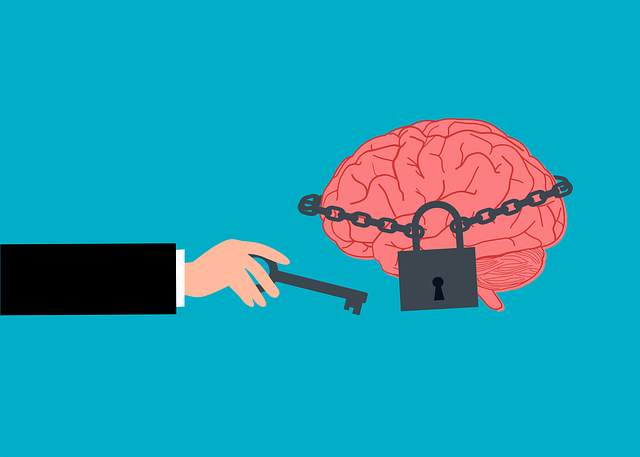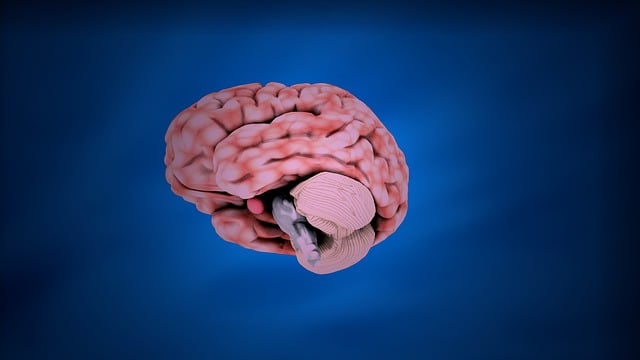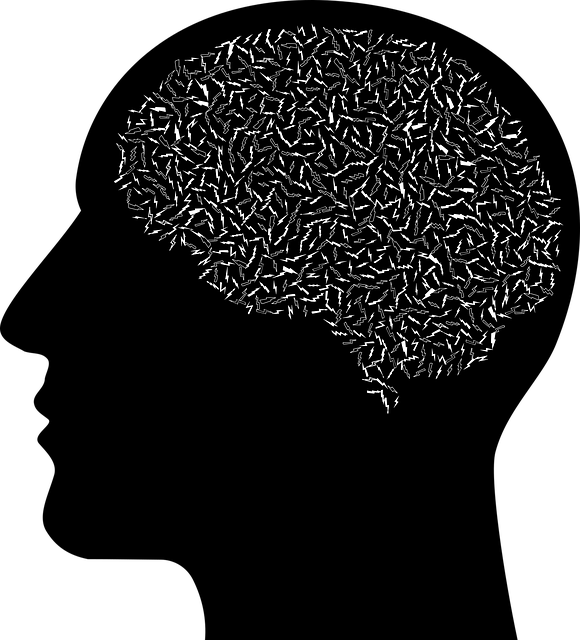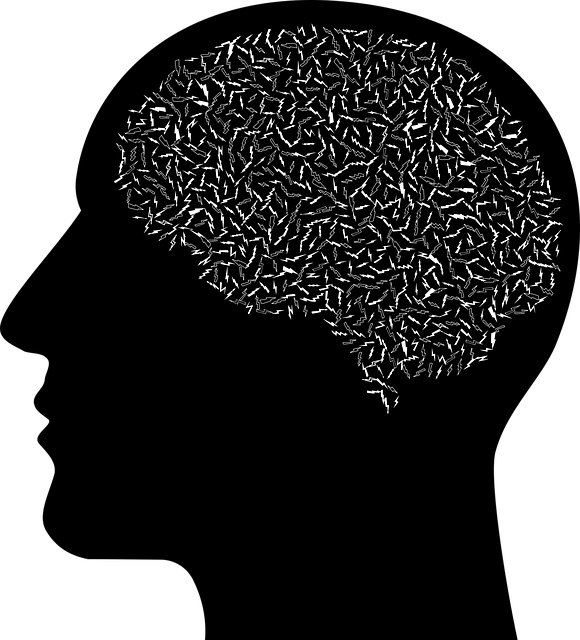Golden Pain Management Therapy offers a revolutionary approach to mental wellness through its Mental Wellness Coaching Programs, addressing the often-overlooked connection between social skills and mental health. By integrating communication techniques, stress management, and crisis intervention, GPMT helps individuals with anxiety, depression, and other conditions navigate social situations better. Their holistic program combines cultural sensitivity training, active listening, role-playing, and journaling exercises to empower clients with improved emotional regulation, stronger relationships, and enhanced overall well-being. This innovative therapy not only benefits the individual but also has practical applications for healthcare providers and caregivers, promoting proactive mental health management.
Social skills training is a powerful tool for managing mental health conditions. This comprehensive guide explores the intricate link between social interactions and psychological well-being, highlighting how deficiencies in social skills can exacerbate existing challenges. We delve into specific situations that trigger distress, emphasizing the role of Golden Pain Management Therapy in cultivating essential social competencies. Through practical strategies and long-term benefits, this article offers insights for fostering resilience and enhancing overall mental health.
- Understanding the Connection Between Social Skills and Mental Health
- Identifying Challenges: Common Social Situations and Mental Health Conditions
- The Role of Golden Pain Management Therapy in Social Skills Training
- Practical Strategies for Enhancing Social Interactions
- Building Resilience: Long-term Benefits and Real-life Applications
Understanding the Connection Between Social Skills and Mental Health

The connection between social skills and mental health is a complex yet crucial aspect often overlooked in traditional therapy approaches. Many mental health conditions, such as anxiety or depression, can significantly impact an individual’s ability to engage and interact socially. What many don’t realize is that poor social skills can exacerbate these conditions, leading to further isolation and distress. For instance, individuals with anxiety disorders might find social interactions overwhelming, causing them to withdraw from social activities, which in turn can intensify their feelings of loneliness and depression.
Golden Pain Management Therapy recognizes this intricate link and takes a holistic approach to address both mental health and social skills development. By incorporating strategies such as communication techniques and stress management into therapeutic programs, individuals learn to navigate social situations more effectively. These Mental Wellness Coaching Programs not only help in managing symptoms but also foster a sense of belonging and connection, which is vital for maintaining good mental wellness. Effective communication strategies, when coupled with proper therapy, empower individuals to build healthier relationships and create a support system that can be instrumental in their recovery journey.
Identifying Challenges: Common Social Situations and Mental Health Conditions

Many individuals living with mental health conditions face significant challenges in navigating social situations due to symptoms that can impede their interactions. Conditions like depression, anxiety disorders, and even PTSD often manifest in ways that affect communication, emotional regulation, and overall social engagement. For instance, anxiety may lead to avoidance of social gatherings or public speaking, while mood disorders can make it difficult to maintain relationships or express oneself effectively. These challenges are not limited to specific conditions; they often overlap, creating a complex web of difficulties that require tailored strategies for navigation.
Understanding these common struggles is crucial for providing effective support. At Golden Pain Management Therapy, we believe in addressing social skills as a vital component of holistic mental health treatment. Our approach incorporates elements from Mental Health Policy Analysis and Advocacy, recognizing the importance of policy changes that promote inclusive social environments. Additionally, we offer practical tools like Mental Wellness Journaling Exercise Guidance to help clients track their progress and develop coping mechanisms tailored to their unique needs. For those facing acute crises, our Crisis Intervention Guidance ensures immediate support and de-escalation strategies.
The Role of Golden Pain Management Therapy in Social Skills Training

Golden Pain Management Therapy (GPMT) plays a pivotal role in enhancing social skills training for individuals managing mental health conditions. This therapeutic approach goes beyond traditional pain management by addressing the psychological and emotional aspects associated with chronic pain, which often impact social interactions. GPMT facilitates a safe space where participants can explore and develop coping mechanisms, improving their ability to engage in meaningful conversations and build connections with others.
Incorporating GPMT into social skills training programs offers numerous benefits. By focusing on pain-related distress and its influence on social behaviors, it empowers individuals to navigate social settings more confidently. Additionally, the community outreach program implementation facilitated by GPMT ensures that participants gain practical skills tailored to their cultural backgrounds, fostering a sense of belonging and enhancing cultural sensitivity in mental healthcare practice. This holistic approach not only improves social interactions but also contributes to better overall well-being for those dealing with mental health challenges.
Practical Strategies for Enhancing Social Interactions

Social skills training is an invaluable component of mental health treatment, offering practical strategies to enhance interactions and foster meaningful connections. For individuals navigating conditions like anxiety or depression, where social withdrawal can be a symptom, learning effective communication techniques becomes a powerful tool for recovery. Golden Pain Management Therapy incorporates these skills as part of its holistic approach to well-being.
One key strategy is encouraging active listening, allowing individuals to build stronger relationships by focusing on others’ words and emotions. Additionally, role-playing scenarios can help them practice assertive communication, assert their needs, and navigate social cues with confidence. Inner Strength Development techniques, combined with Mental Health Education Programs Design, empower people to manage their mental health proactively while engaging in Emotional Well-being Promotion Techniques that foster positive interactions and a sense of belonging.
Building Resilience: Long-term Benefits and Real-life Applications

Social skills training is a powerful tool for individuals navigating mental health conditions. Beyond immediate improvements in communication and interaction, this type of therapy offers long-term benefits that contribute to overall well-being. By learning effective strategies for connecting with others, individuals can build resilience, a key component in managing their mental health journey. Resilient individuals are better equipped to handle challenges, adapt to change, and maintain positive relationships, all essential aspects of coping with mental health issues.
The skills acquired through social skills training translate seamlessly into real-life applications. For healthcare providers, especially those at risk of burnout, these techniques can foster healthier interactions with patients, enhancing both professional satisfaction and patient outcomes. Stress management strategies, a key element in many social skills training programs, are valuable tools for navigating the demands of caregiving. Additionally, maintaining a mental wellness journal, as encouraged by some forms of Golden Pain Management Therapy, becomes easier when individuals have honed their social connections, allowing them to reflect on experiences, process emotions, and track progress more effectively.
Social skills training, especially when integrated with Golden Pain Management Therapy, offers a promising approach for managing mental health conditions. By understanding the connection between social interactions and mental well-being, individuals can identify and overcome challenges in various social situations. The strategies outlined, combined with the therapeutic benefits of Golden Pain Management Therapy, empower people to build resilience, enhance their social connections, and lead more fulfilling lives. This comprehensive approach is key to fostering positive mental health outcomes and improving quality of life for those navigating these conditions.














